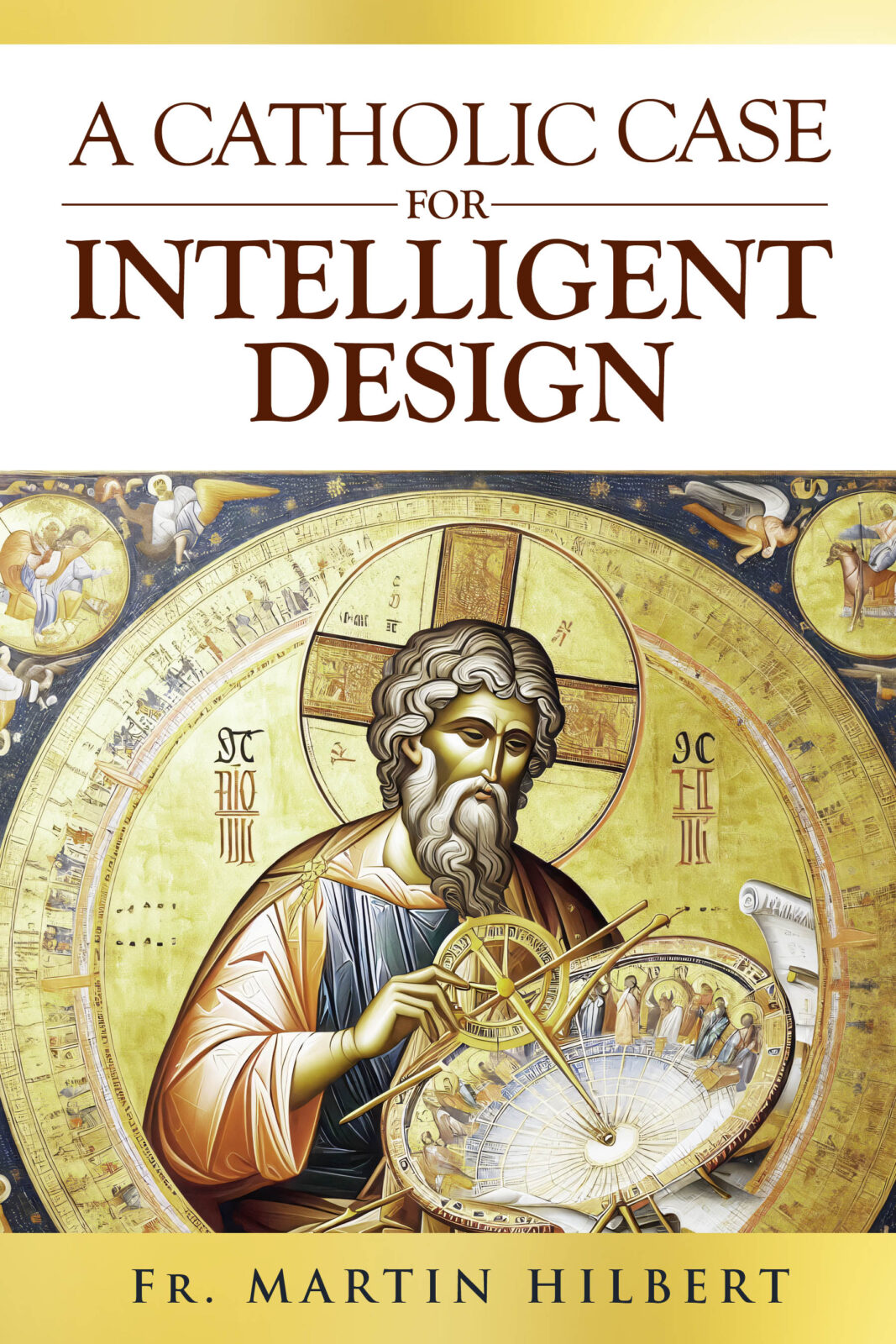

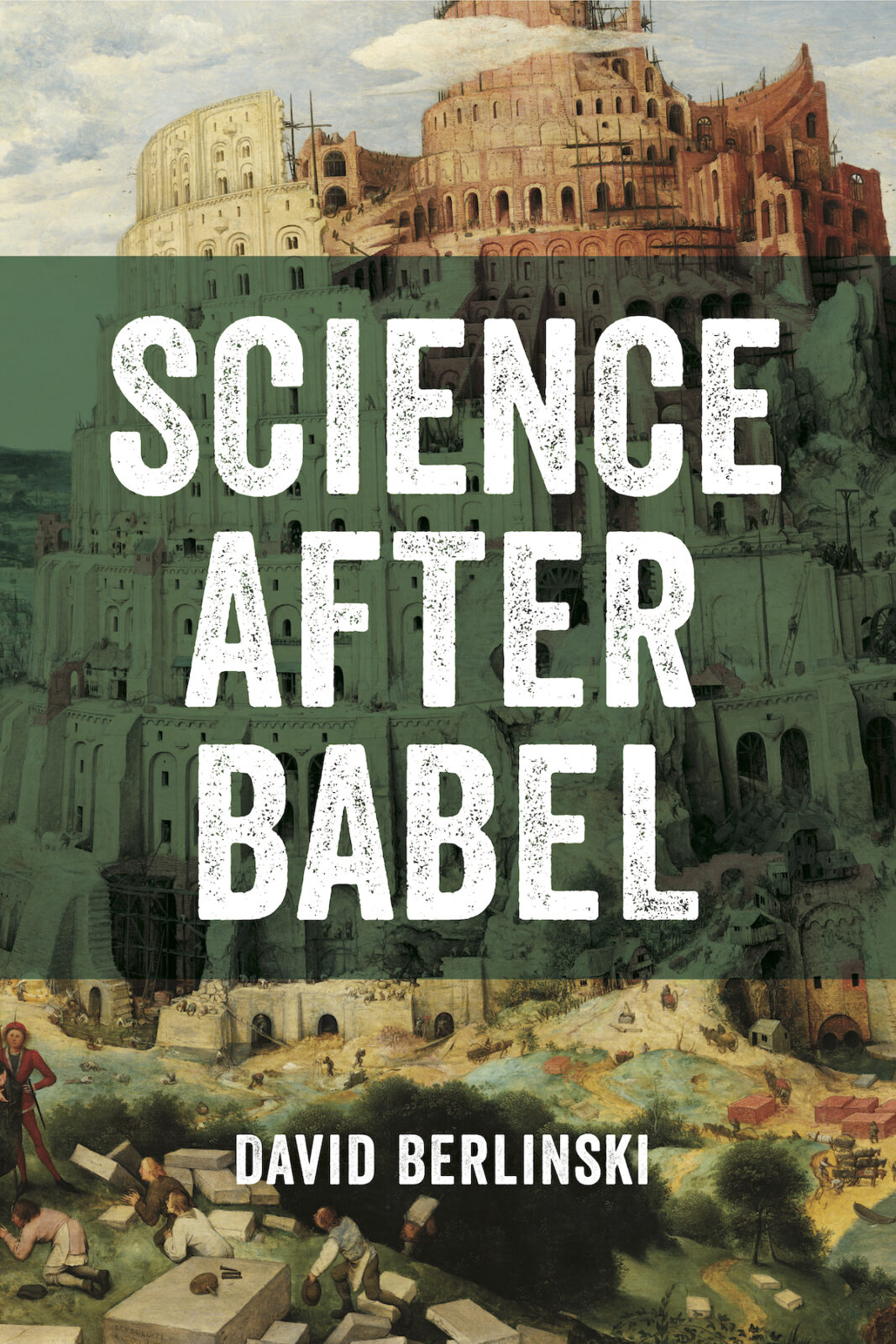
Science After Babel
Polymath and raconteur David Berlinski is at it again, challenging the shibboleths of contemporary science with his inimitable blend of deep learning, close reasoning, and rapier wit. In Science After Babel he reflects on everything from Newton, Einstein, and Gödel to catastrophe theory, information theory, and the morass that is modern Darwinism. The scientific enterprise is unarguably impressive, but it shows no Read More ›
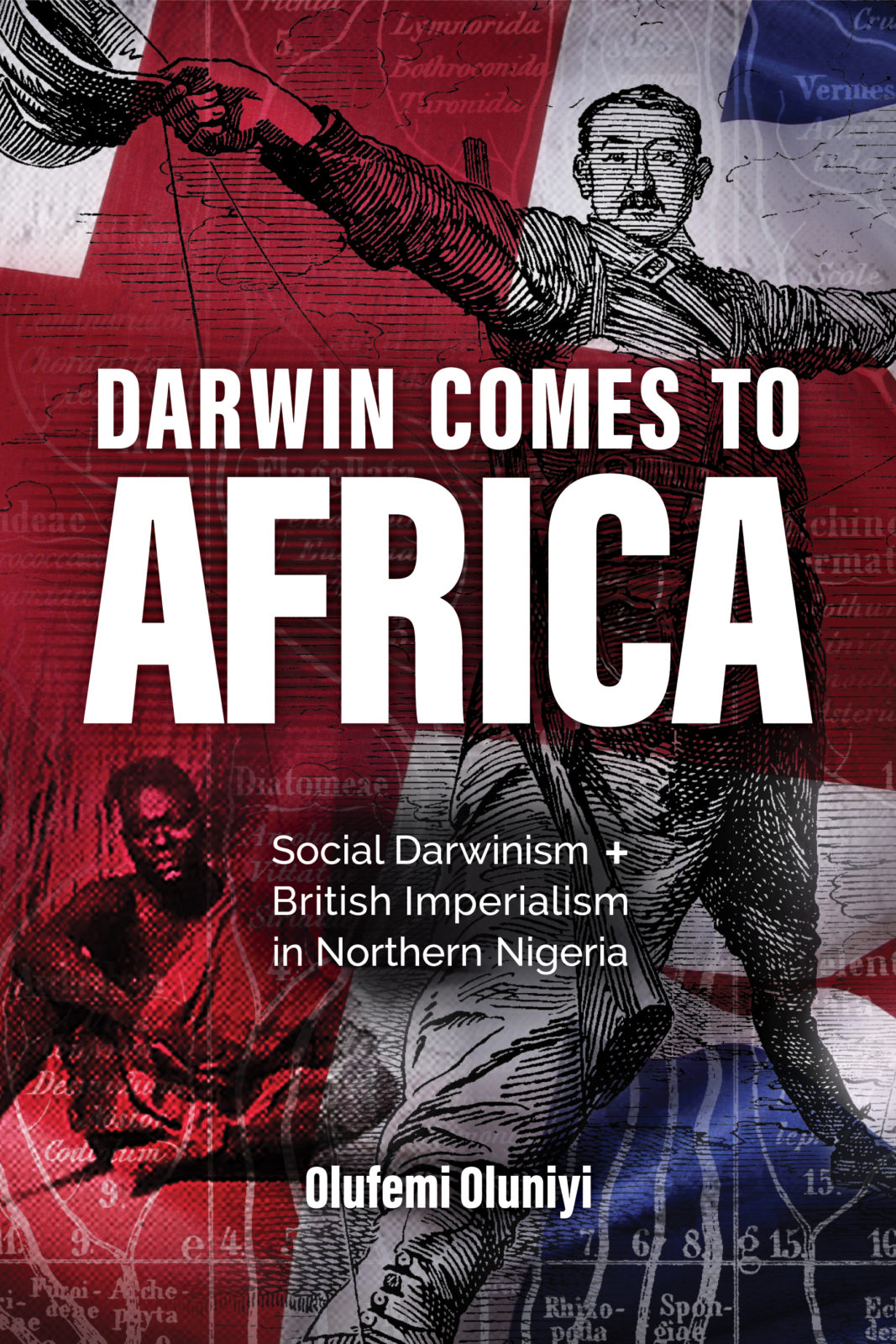
Darwin Comes to Africa
Charles Darwin fathered not just a scientific theory, but a toxic social ideology that fueled racist colonial policies in Africa. In this sobering book, African scholar Olufemi Oluniyi traces the insidious impact of Darwinian ideas on British imperial policies in Northern Nigeria. Drawing on official documents, public statements, and well-attested historical events, Oluniyi documents how concepts such as evolutionary racism Read More ›
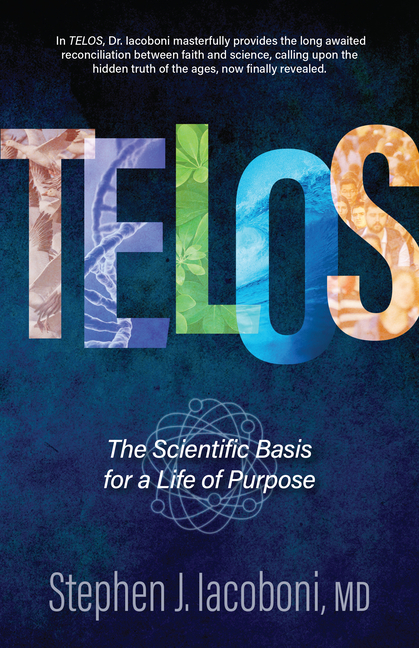
Telos
Discover the Science of Purpose. Atheistic scientists have lied about humanity’s intelligent design for centuries, and their lies have decayed our culture into the social dystopia continually ripening before our eyes. Life and death have purpose, and we belong to all of it, which the ancient Greeks understood as Telos, meaning “the end as it was intended.” Join Dr. Stephen Iacoboni, Read More ›
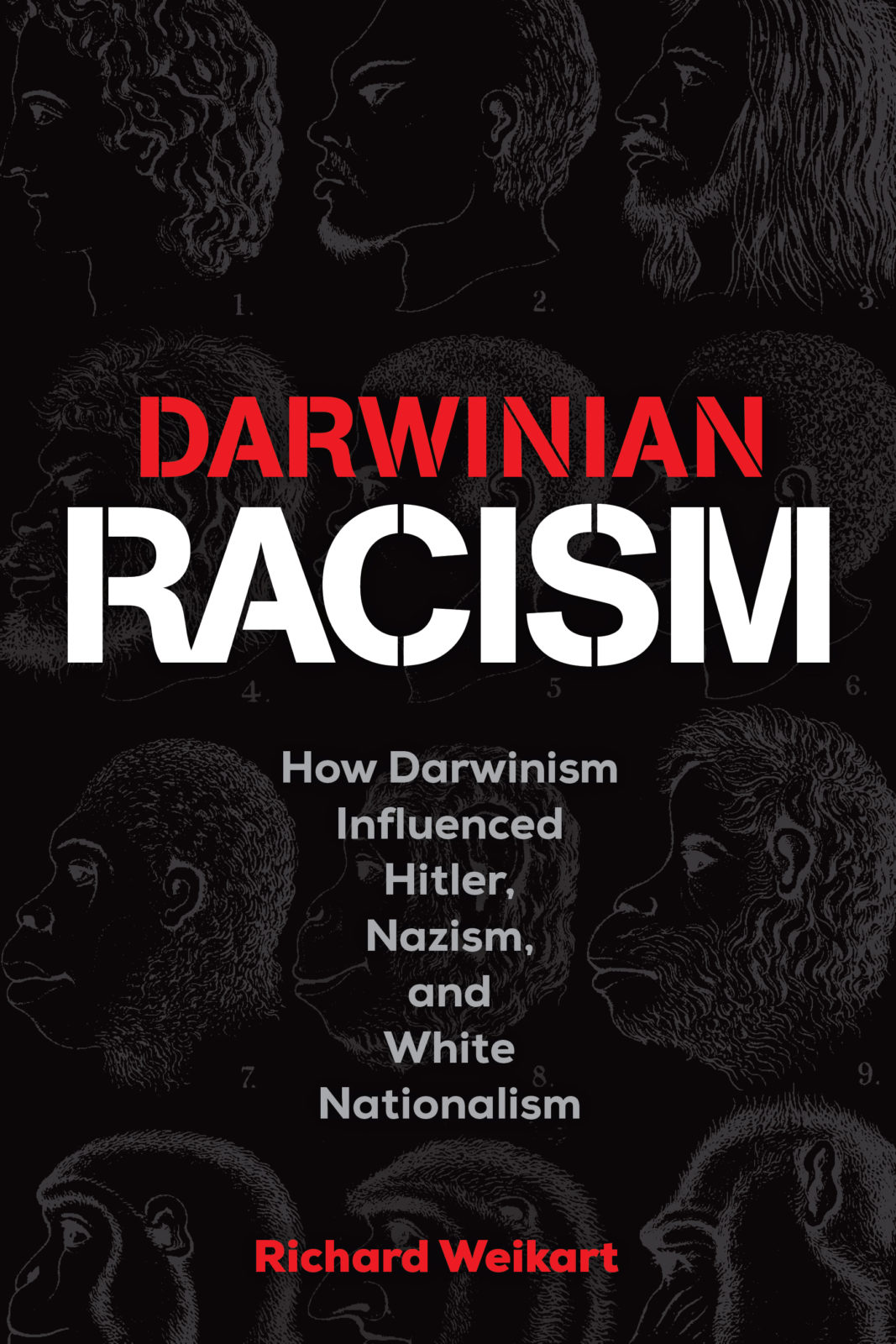
Darwinian Racism
To hear some tell it, Adolf Hitler was a Christian creationist who rejected Darwinian evolution. Award-winning historian Richard Weikart shows otherwise. According to Weikart, Darwinian evolution crucially influenced Hitler and the Nazis, and the Nazis zealously propagated evolutionary theory during the Third Reich. Inspired by arguments from both Darwin and early Darwinists, the Nazis viewed the “Nordic race” as superior Read More ›
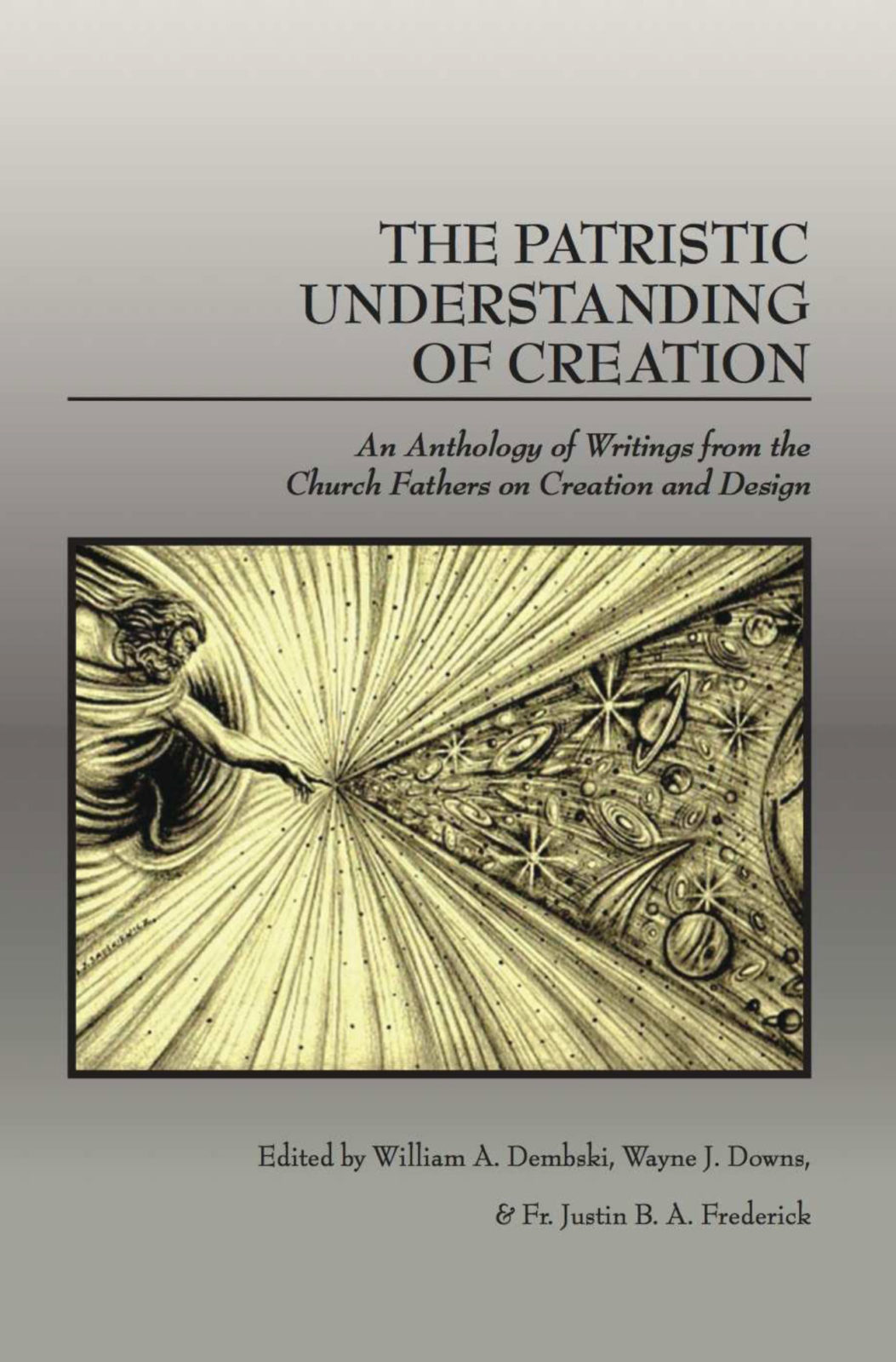
The Patristic Understanding of Creation
The Patristic Understanding of Creation encapsulates what the Church Fathers had to say, in their own words, on the topic of creation. Going back to Roman and Byzantine times, the writings of the Church Fathers are basic to Christian theology and provide a benchmark for how Christians have traditionally understood creation. This understanding of creation, however, faces tremendous challenges in Read More ›
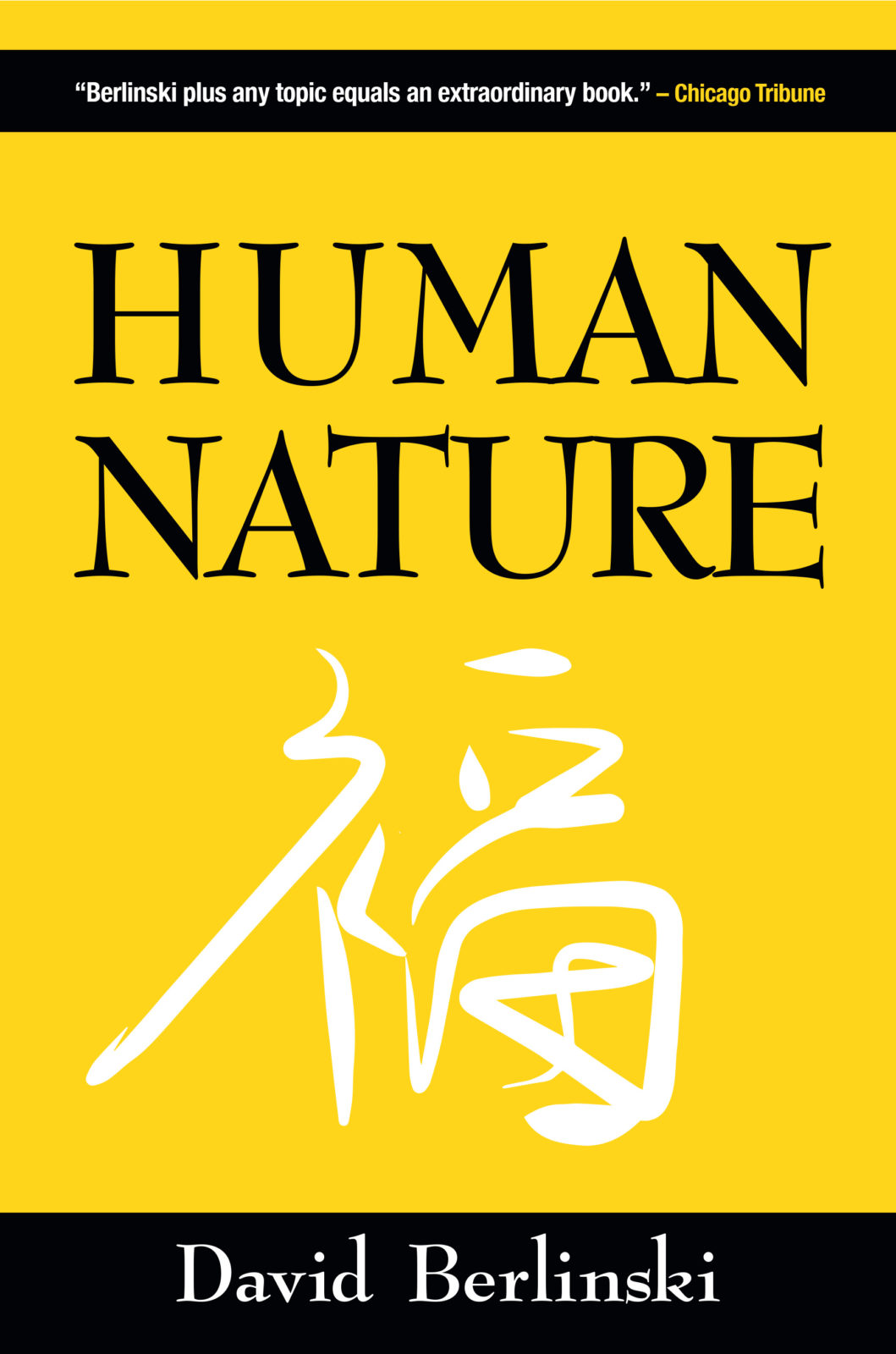
Human Nature
Conventional wisdom holds that the murder rate has plummeted since the Middle Ages; humankind is growing more peaceful and enlightened; man is shortly to be much improved — better genes, better neural circuits, better biochemistry; and we are approaching a technological singularity that well may usher in utopia. Human Nature eviscerates these and other doctrines of a contemporary nihilism masquerading as science. Read More ›
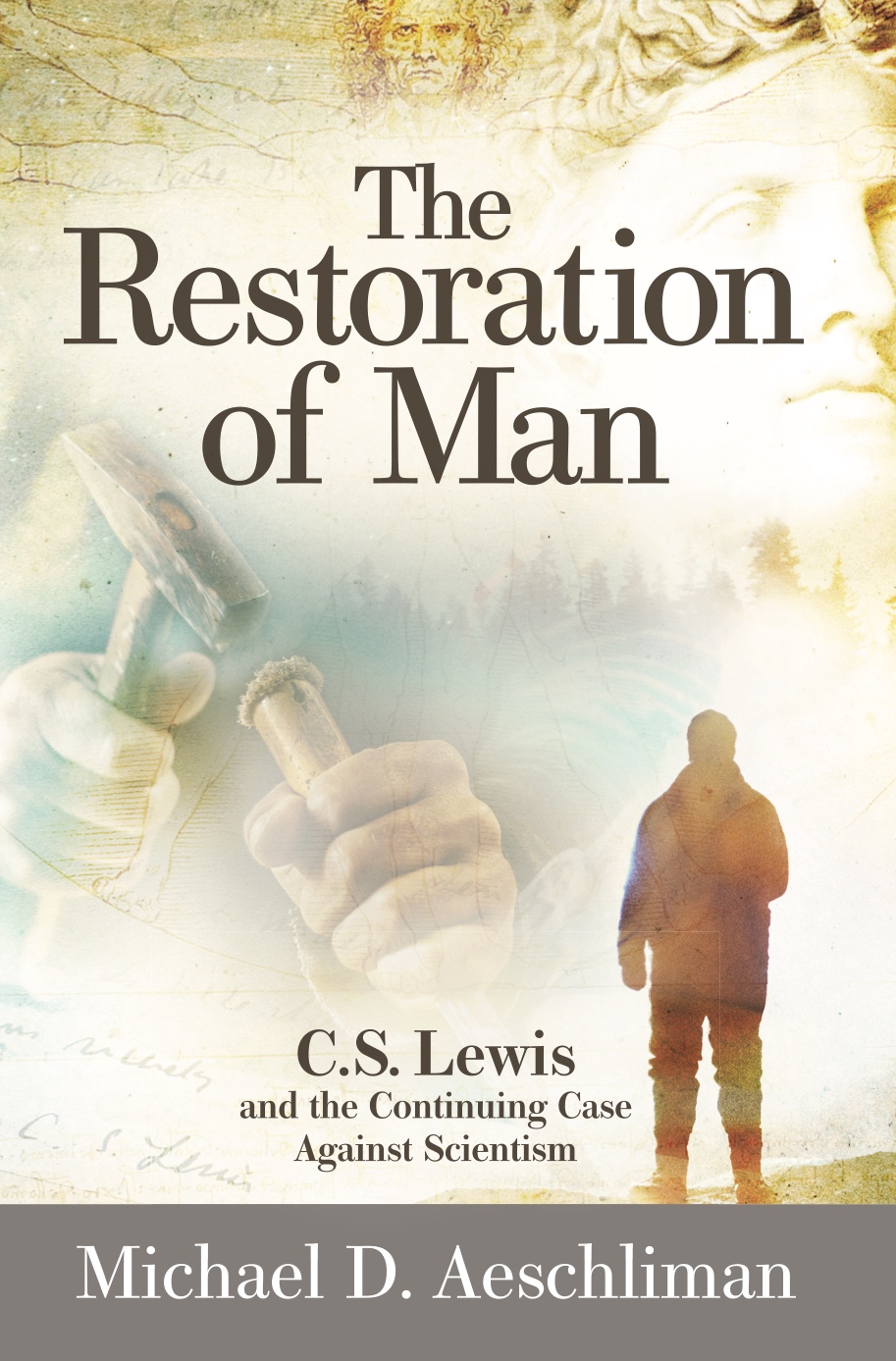
The Restoration of Man
C. S. Lewis is best known for his Narnia tales and Christian apologetics, works that have sold more than 100 million copies. But Lewis was also a trained philosopher and a professor at Cambridge and Oxford. An intellectual giant, he fiercely and extensively critiqued the fashionable dogma known as scientism — the idea that science is the only path to Read More ›
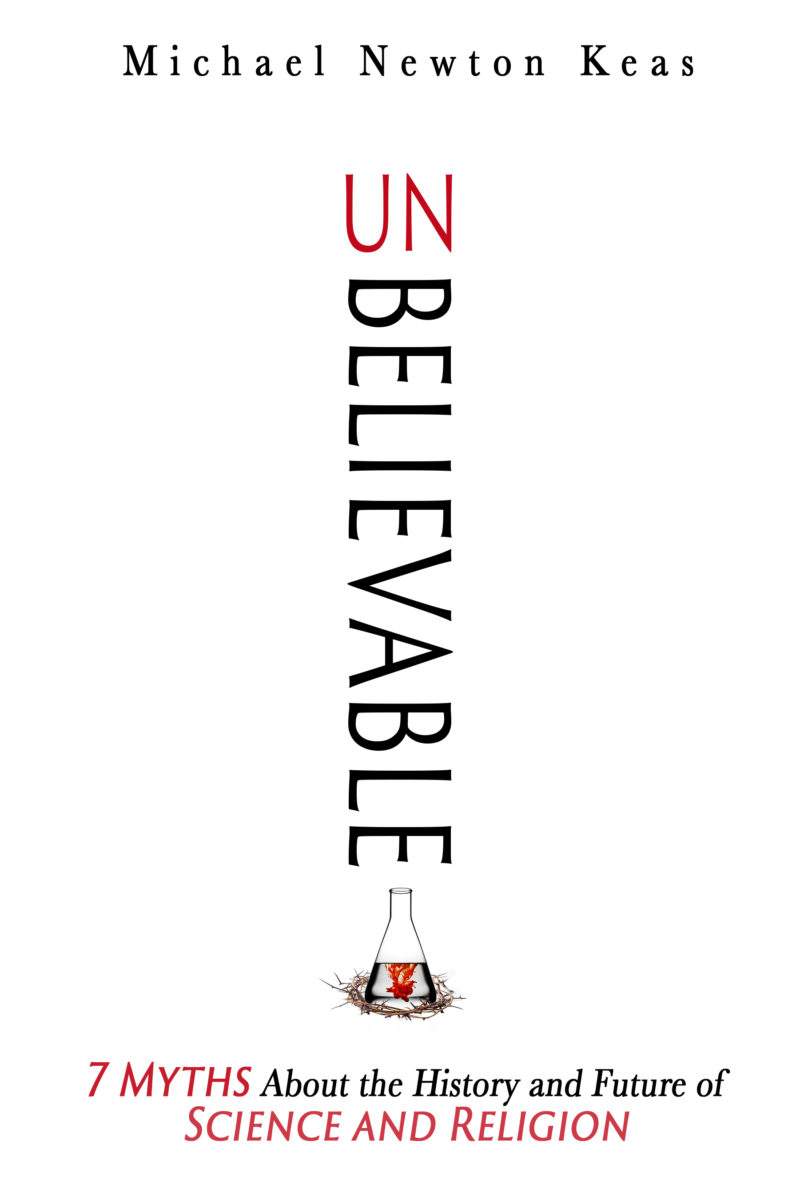
Unbelievable
Scientists love to tell stories about the quest to understand the universe — stories that often have profound implications for belief or disbelief in God. These accounts make their way into science textbooks and popular culture. But more often than not, the stories are nothing but myths. Unbelievable explodes seven of the most popular and pernicious myths about science and religion. Read More ›
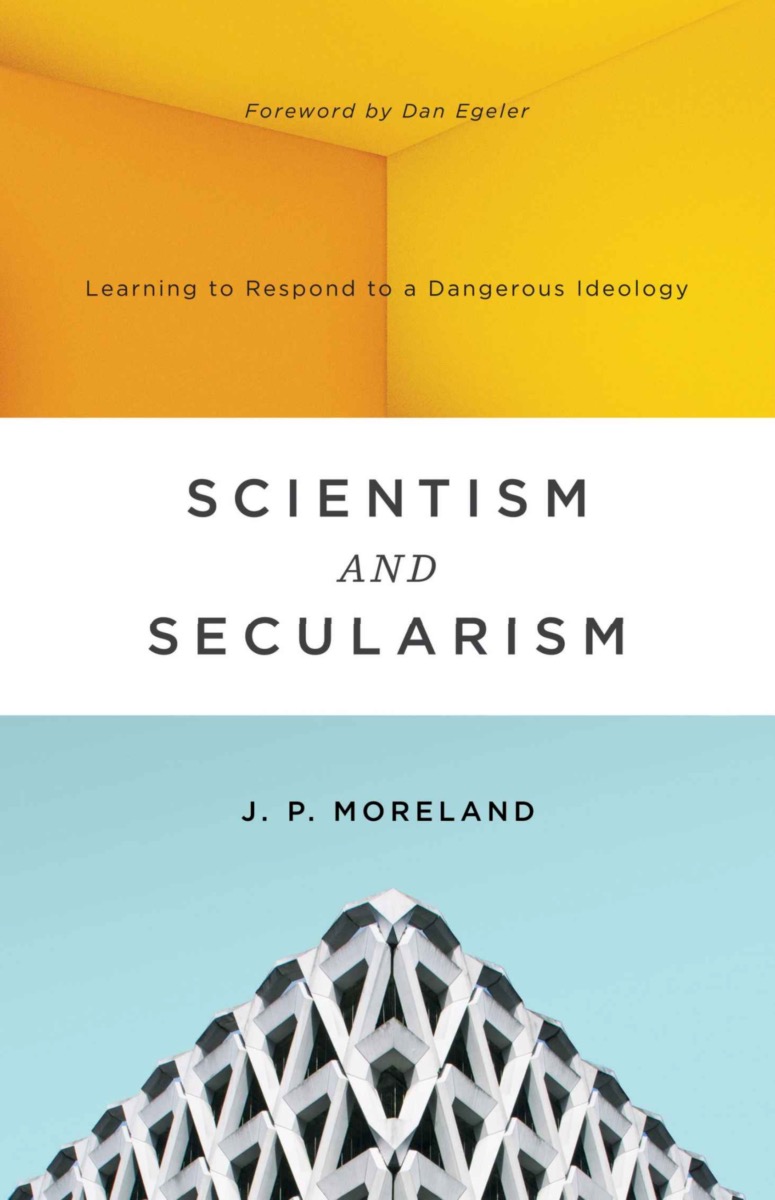
Scientism and Secularism
Rigid adherence to scientism―as opposed to a healthy respect for science ― is all too prevalent in our world today. Rather than leading to a deeper understanding of our universe, this worldview actually undermines real science and marginalizes morality and religion. In this book, celebrated philosopher J. P. Moreland exposes the self-defeating nature of scientism and equips us to recognize Read More ›